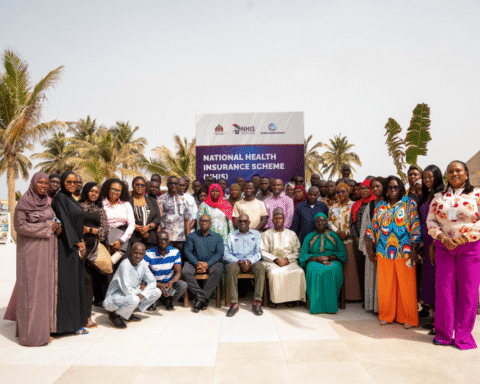The Dangote Petroleum Refinery recently announced its third price adjustment in six weeks, moving its ex-depot price downward by N30 to N835 per litre from N880 per litre. The new price is predicted to affect importers of the product, which might lose an average of N466.62 million daily and N13.998 billion monthly.
Over the past two years, Nigerians have experienced the effects of policies surrounding petrol production and consumption, with many questioning the prospects of these policies. Dangote Refinery has significantly made efforts to ease the burden, but consumers are at the mercy of fluctuating international prices and domestic distribution challenges.
Following President Bola Ahmed Tinubu’s removal of the petrol subsidy in May 2023, average daily consumption figures took a steep dive. From January to May 2023, petrol consumption averaged 66.9 million litres daily, the highest recorded in the past decade. However, from June to December 2023, consumption dropped to 47.5 million litres per day after the subsidy was scrapped.
This decline has continued into 2024, with figures showing 51.8 million litres per day from January to August, and 49.8 million litres from September to date.
The disparity between pre- and post-subsidy figures has led to widespread suspicion that much of the reported consumption under the subsidy regime may have been inflated. Analysts believe large volumes of subsidised petrol were smuggled across borders to neighbouring countries where fuel prices were significantly higher.
READ ALSO: RipplesMetrics: Nigerians lose N59.33 billion in five years to fraud
Nigeria’s petrol consumption and importation trends over the past decade present a complex picture of policy missteps, fuel smuggling, and fiscal strain. Recent data shows that while daily petrol consumption has dropped significantly following the removal of subsidies in 2023, importation volumes and historical subsidy expenses continue to raise concerns about the integrity of the country’s downstream sector.
Despite falling consumption, Nigeria’s petrol import figures have remained consistently high. In 2022, the country imported 23.54 billion litres of petrol. Even in 2023, when consumption dropped in the second half of the year, imports totalled 20.30 billion litres.
Between 2015 and 2023, Nigeria consistently imported between 16.5 billion and 23.5 billion litres annually, even as average daily consumption ranged from 48.7 million litres in 2015 to over 66 million litres in the years leading up to the subsidy removal.
Nigeria’s petrol subsidy payments grew dramatically over the years. From ₦220 billion in 2006, the subsidy bill soared to ₦1.90 trillion in 2011, and peaked at an alarming ₦5.10 trillion in 2023, just before the subsidy was removed.
Despite the removal, the federal government reportedly spent ₦4.21 trillion on fuel-related expenses by July 2024, hinting at possible ongoing interventions or unresolved liabilities. Over an 18-year period, Nigeria spent over ₦25 trillion on subsidies—funds many argue could have been channelled into infrastructure, education, and health.
By: James Odunayo
The post RipplesMetrics: Nigeria’s fuel consumption falls, import bills soar after subsidy removal appeared first on Latest Nigeria News | Top Stories from Ripples Nigeria.







